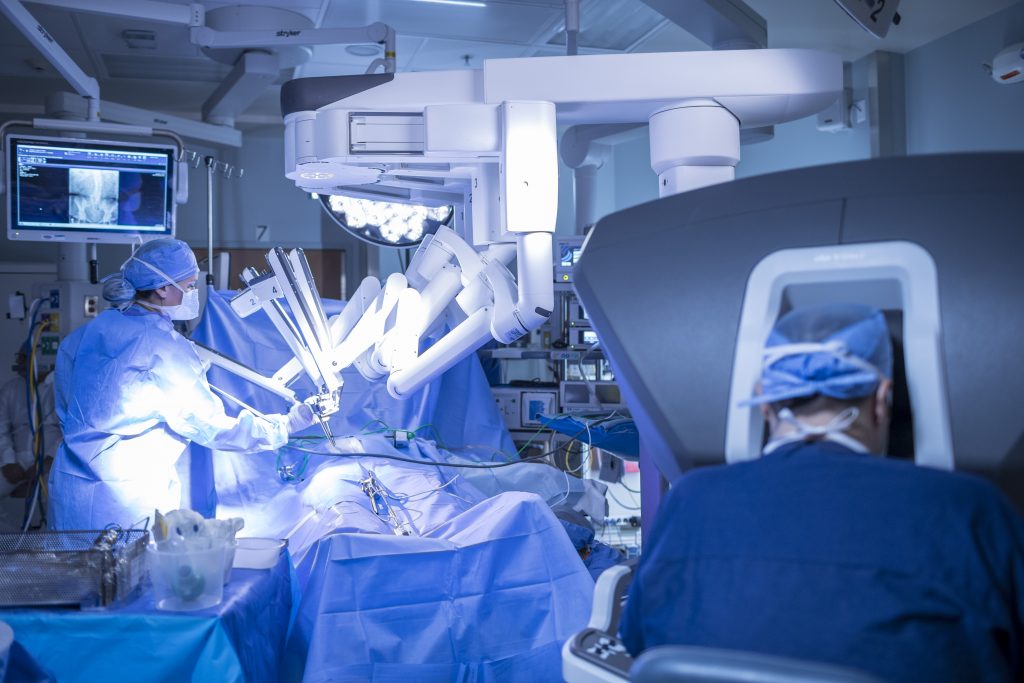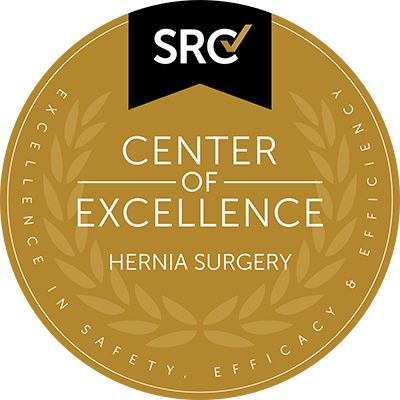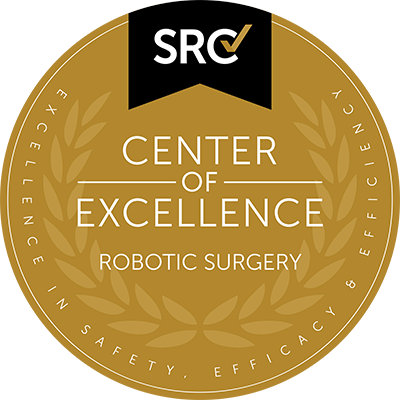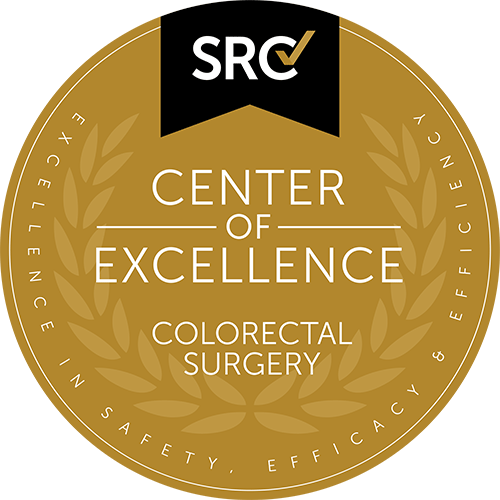Bowel and colorectal surgeries are procedures that treat medical issues affecting the colon, rectum, and anus. They may be recommended to treat a spectrum of conditions ranging from benign growths to inflammatory diseases. Techniques such as open surgery and laparoscopic surgery are commonly used to treat bowel and colorectal problems, however, robotic surgeries are becoming a more widely used minimally invasive alternative.
Conditions We Treat
Below are some of the most common bowel and colorectal conditions we treat through surgery:
- Cancer of the colon and rectum
- Polyps and benign tumors
- Inflammatory bowel diseases such as Crohn’s disease and ulcerative colitis
- Rectal and pelvic prolapse
- Diverticulitis
- Hemorrhoids, fistula, and anal fissures
Treatment Options
Traditionally bowel and colorectal surgeries have been performed as open surgery or laparoscopically. At Northeast Georgia Health System, we offer unique expertise in robotic bowel and colorectal surgery through our Center of Excellence. During robotic surgery, our equipment captures magnified visuals of the surgical site allowing for greater precision. The operation is handled robotically, eliminating the impact of hand tremors common with manual methods, and reducing the size of the incisions needed to complete the surgery.

Is Robotic Bowel or Colorectal Surgery Right for Me?
In recent years, robotic surgery has proven to be an effective alternative to traditional open surgery. With many benefits including faster recovery, a smaller incision site, and more this method has quickly become a preferred method by surgeons worldwide.
Additional benefits of robotic surgery include:
- Shorter hospital stay – Studies show patients who undergo robotic surgery frequently experience shorter hospital stays.
- Less blood loss – Statistically, patients experience significantly less intraoperative blood loss during robotic surgery.
- Fewer complications – Laparoscopic instruments can be difficult for surgeons to maneuver and have been linked to anastomotic complications. This, however, is not an issue with robotic surgery.
- Less need for narcotic pain medicine – The precision of robotic equipment allows surgeons to operate better on target areas, minimizing nerve injury and reducing postoperative pain.
- Minimal scarring – Robotic surgery is minimally invasive and requires a much smaller incision than traditional open surgery.
Learn more about surgeons who perform bowel and colorectal robotic surgery procedures at Northeast Georgia Medical Center:
Fernando Aycinena, MD*
The Longstreet Clinic
*Certified and fellowship trained in colon and rectal surgery
Geary Bush, MD
Longstreet Clinic
Chad Copper, MD
Longstreet Clinic
*America’s Hernia Society Quality Collaborative participant
Ronald Lewis, MD
Northeast Georgia Physicians Group Surgical Associates
*America’s Hernia Society Quality Collaborative participant
Daniel Mullis, MD
Longstreet Clinic
Alex Nguyen, MD
Northeast Georgia Physicians Group Surgical Associates
Choose Robotic Surgery with NGMC
Robotic surgery is an excellent option for patients undergoing bowel or colorectal surgery. At Northeast Georgia Medical Center, our surgeons are highly trained in robotic surgery procedures and are committed to providing the best care for our patients.
NGMC Gainesville is the first hospital in Georgia to receive accreditation as a Center of Excellence in both Robotic Surgery and Hernia Surgery. Surgical Review Corporation (SRC), an internationally recognized patient safety organization, recently recognized NGMC for its dedication to delivering safe, effective and evidence-based patient care through its independent, external process of evaluation.



Learn more about how NGMC Gainesville made history as the first hospital in Georgia to receive accreditation as a Center of Excellence in Robotic Surgery, Hernia Surgery and Colorectal Surgery.


